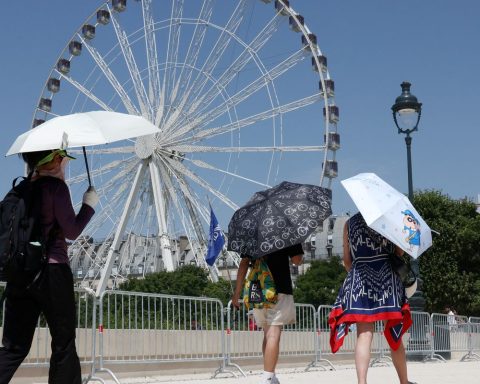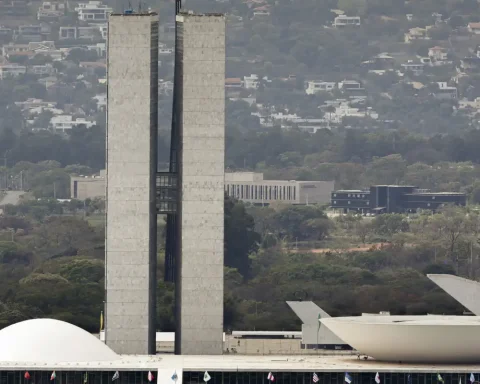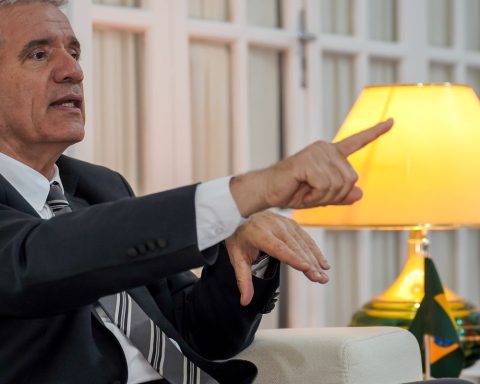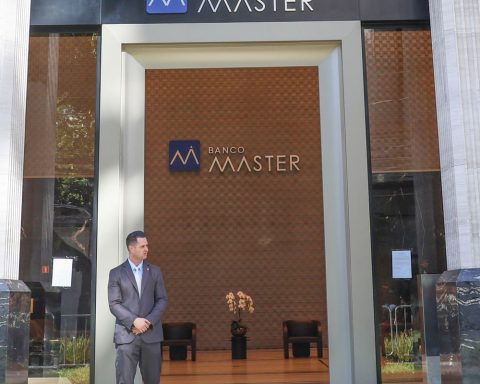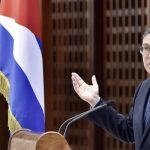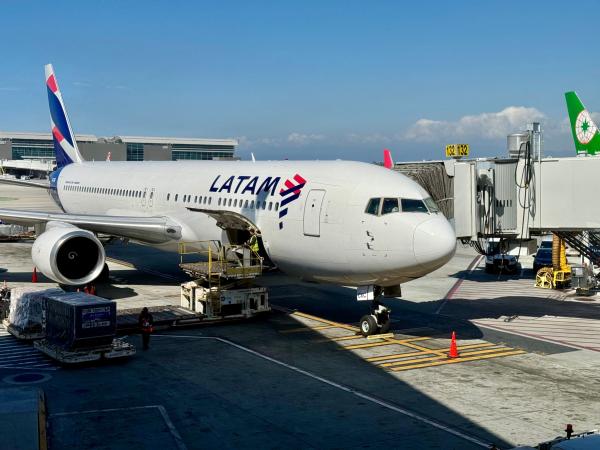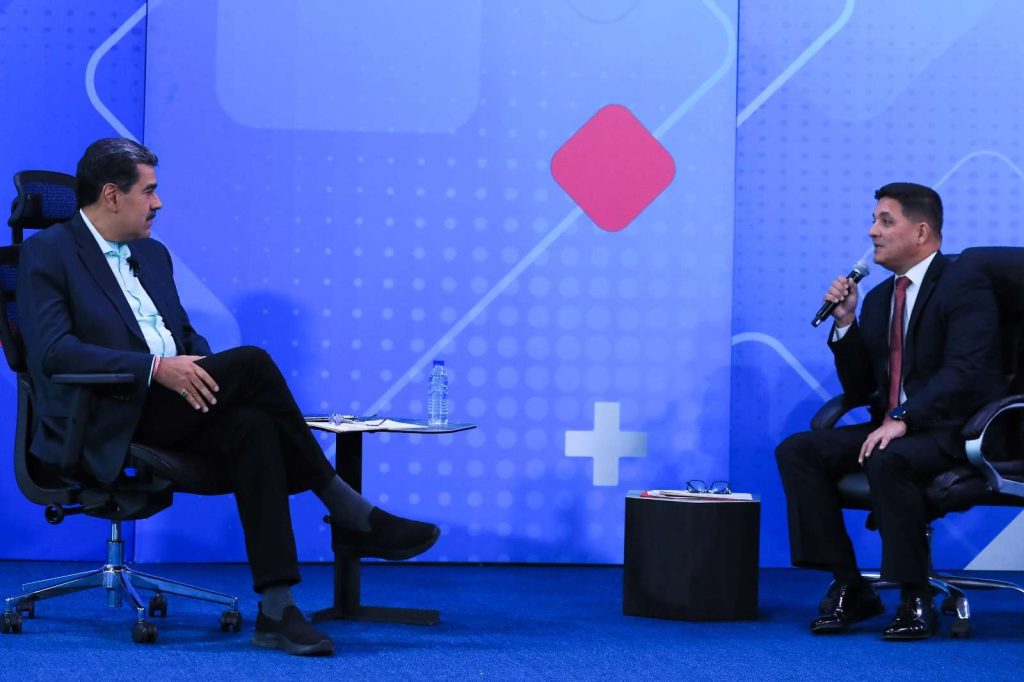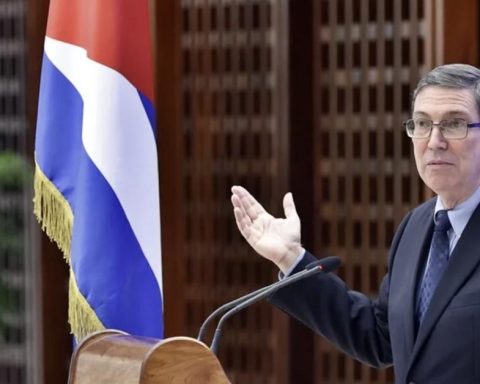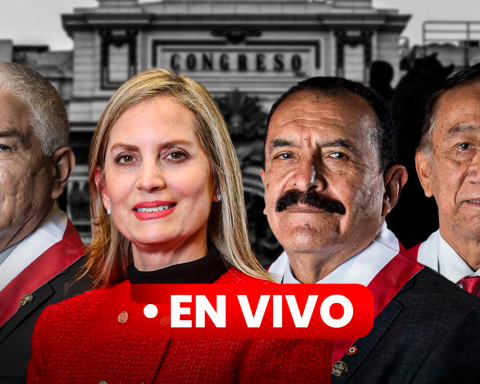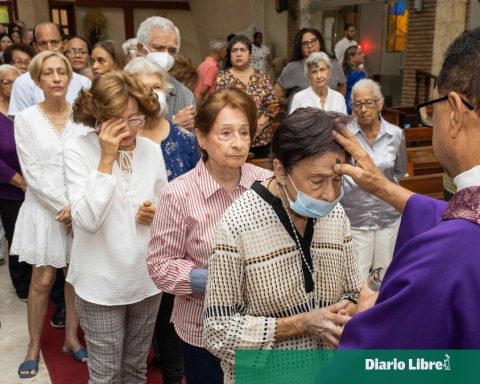At the age of 92, journalist and writer Sebastião Nery died in the early hours of Monday (23), in Rio de Janeiro. He had been in poor health for four months and his death occurred due to natural causes. The wake will take place from 8 am to 10 am, at Cerimonial do Carmo, in the Caju neighborhood, in the port area, where the body will then be cremated.
Born in the city of Jaguaquara (BA), Nery was one of the most influential political journalists during the dictatorship. He was born on March 8, 1932 in the interior of Bahia, but left his hometown to attend seminary in Amargosa (BA). In the 1950s, he moved to Minas Gerais, where he began his career as a journalist.
In 1963, Nery was elected state deputy for Bahia, but his mandate was revoked in 1964 by the military regime and he spent some time in prison. The politician managed to resume his mandate, but was revoked again and lost his political rights.
With over 15 published works, Sebastião Nery wrote for the first time in 1975 the column Contra Ponto in the newspaper Folha de São Paulo, where he remained until 1983. From 1978 to 1980, he had a daily program on Rede Bandeirantes with political commentary. In 1979, he took his column to Última Hora.
In June 1979, he participated in the Lisbon Meeting, which discussed the reorganization of the Brazilian Labor Party (PTB), under the leadership of Leonel Brizola, former governor of Rio Grande do Sul. The initiative was not unanimous among the Labor Party. In opposition to Brizola, a group led by former congresswoman Ivete Vargas also articulated the revival of the party in Brazil.
With the decree of amnesty and Brizola’s return to the country, the dispute intensified. In November 1979, on the eve of the end of the two-party system, both requested the Superior Electoral Court (TSE) for the provisional registration of the party. In May 1980, Ivete’s request prevailed and the Brizolistas decided to create the Democratic Labor Party (PDT). Founder of the new party, Nery was elected second vice-president of the Rio de Janeiro branch of the party and secretary of the national executive. In the same year, he participated, together with Jô Soares, in the staging of the play Brasil – da censura à abertura, based on the anecdote of Folclore Político, which is the common name for a series of books by journalist Sebastião Nery, which features humorous stories about the main characters in national politics, based on which the script for the play Brasil – da censura à abertura was written.
In November 1982, when Leonel Brizola won the government of Rio de Janeiro, Nery was elected federal deputy with 111,460 votes, being the second most voted for by the party. Sworn in in Brasília in February 1983, he was the rapporteur of the Parliamentary Commission of Inquiry (CPI) that investigated Brazil’s foreign debt and one of the articulators of the proposal to extend the term of then president João Figueiredo and the return of direct elections in 1986, together with the convening of a national constituent assembly.
When the initiative failed, on April 25, 1984, he voted in favor of the Dante de Oliveira amendment, which provided for the reestablishment of direct elections for president of the Republic in November. After the proposal was defeated — it lacked 22 votes to be submitted to the Senate for consideration — in the Electoral College, which met on January 15, 1985, Sebastião Nery supported the opposition candidate Tancredo Neves, elected by the Democratic Alliance, a union of the Brazilian Democratic Movement Party (PMDB) with the dissidence of the Social Democratic Party (PDS) sheltered in the Liberal Front. Sick,
Tancredo was never sworn in, and died on April 21, 1985. His replacement was Vice President José Sarney, who had already been serving in the position on an interim basis. Also in March 1985, Nery was expelled from the PDT under the allegation of adopting a position unworthy of party coexistence. The national board made the decision in response to his insistence on proving the existence of corruption in the Rio de Janeiro Department of Highways (DER).
Returning to Tribuna da Imprensa after the closing of Última Hora, Nery made Brizola the main target of his articles. A member of the PMDB, the party’s deputy leader in the Chamber of Deputies, in November 1985 he was a candidate for vice-mayor of Rio for the newly organized Socialist Party (PS) on the ticket headed by Rubem Medina, from the Liberal Front Party (PFL), both defeated by Saturnino Braga and Jó Resende, from the PDT.

